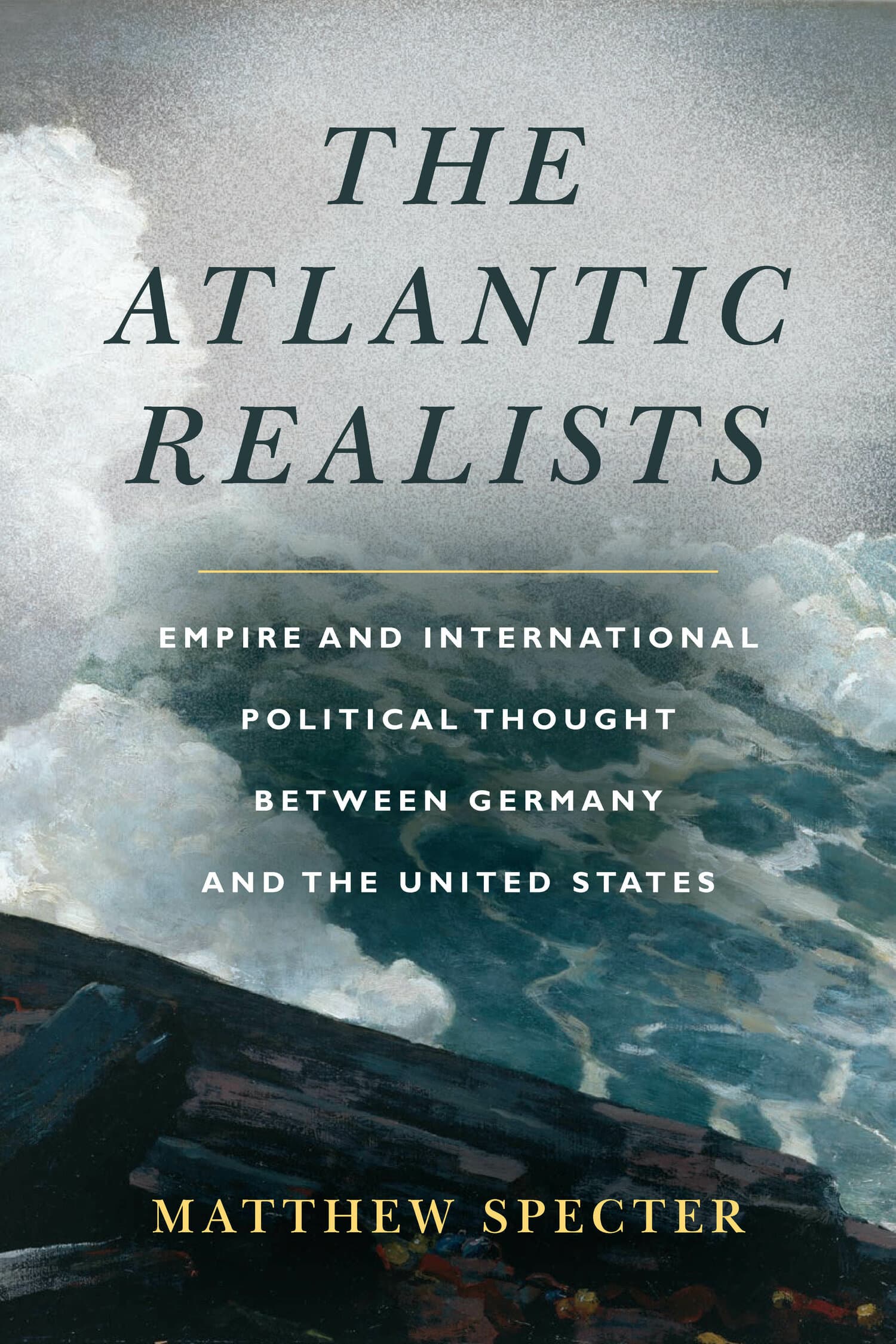Pedagogical Economies

The examination's arbitrariness and cultural bias, its association with a normalizing surveillance, and its ridiculous attempts to quantify the unquantifiable have been perfectly obvious to generations of authors, educators, and even bureaucrats—yet it still dominates both British and American education systems.
This book explores the examination's figurative power for nineteenth-century discourses of subject formation and value through readings of works by Matthew Arnold, Anthony Trollope, Charles Dickens, and John Ruskin, writers who were active during the 1850s and 1860s, when the examination began to structure a range of British institutions, from the working-class primary school to the Indian Civil Service.
Although they routinely resisted the spread of formal educational testing, their work reveals a fascination with the examination's unique ability to make reading and writing visible as value-able labor. As an element in literary discourse—as topos, plot structure, and figurative intersection—the examination remaps relations between the subject and knowledge, the person and the state, masculine self-discipline and feminine self-sacrifice, and intellectual and money economies. The book thus speculates on institutional, sexual, and economic aspects of Victorian professional gentility, as well as contributing to recent debates on Arnold's seductive stupidity, Trollope's "mechanical" realism, Dickens's bourgeois critique of capitalist exchange, and Ruskin's ambivalent attachment to schoolgirls.
The economic, erotic, and institutional relationships implicit in educational testing and the debates surrounding it continue to trouble literary critics as well as scholars, administrators, and teachers. Pedagogical Economies can thus shed light on current questions about the relationship between school and society.
"Each of Shuman's four chapters is brimming over with acute commentary, and collectively they demonstrate the power of the examiniation to bring into common circulation fundamental questions about social class, gender, commodification, governmentality, and subjectivity. Every page is dense with new and provocative ideas, and it has been some time since I have read such an original analysis of Victorian culture."—Prose Studies
"This is a book that will inspire and guide any scholar interested in the relationship between pedagogy and culture. It has much to teach us, too, about writers whose work Shuman reveals to be surprisingly pertinent to the crises of contemporary education."—Prose Studies
"Shuman's work is valuable not only for its illumination of the status of intellectual labor in the Victorian era but also for its consideration of the position of the 'professional intellectual' today."—Nineteenth Century Studies
"Readers who shirk easy answers and are ready for deep thought and complexity will find this book a treasure trove of new ideas, as well as of old ideas newly and often unexpectedly contextualized."—Klaus Stierstorfer, Dusseldorf




